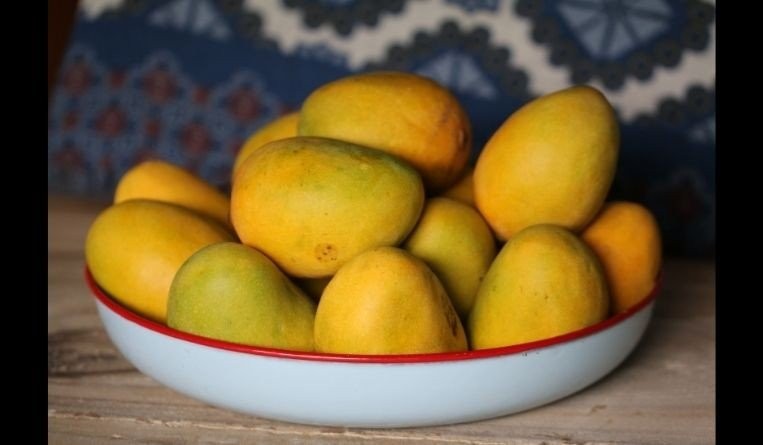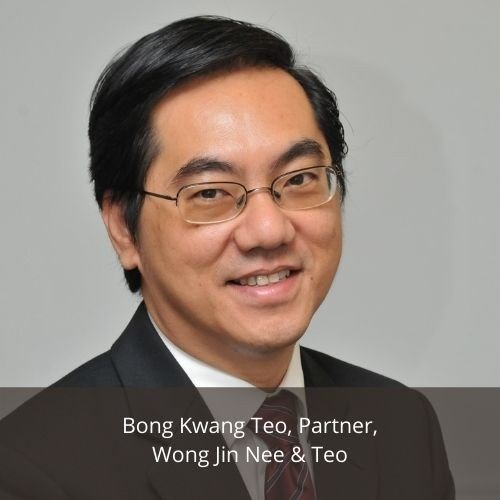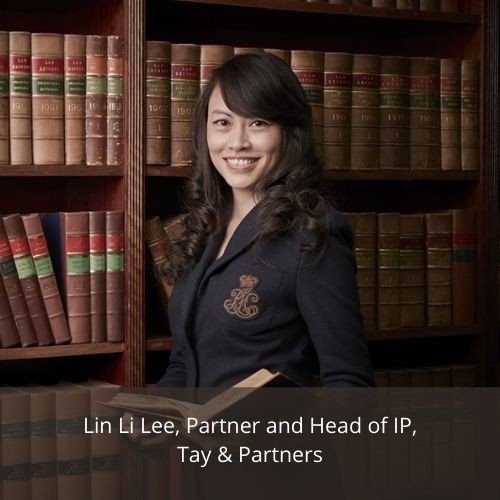Harumanis GI mark only for mangoes grown in Perlis
23 November 2020

In June 2020, the Intellectual Property Corporation of Malaysia (MyIPO) warned mango farmers outside Perlis using the name “Harumanis” to label their own mangoes that they can be held liable under Section 5 of the Geographical Indications (GI) Act 2000.
The Perlis Harumanis mango or Clone MA 128 was registered as a geographical indicator on August 2, 2011, on behalf of the Perlis Agriculture Department. It refers exclusively to a type of mango grown in the northern state of Perlis, which is the smallest in Malaysia and lies near Hat Yai, Thailand. Mainly agricultural, Perlis counts mangoes among its major products, which also include watermelon and sugar cane.
Perlis allots around 1,200 hectares of land for the cultivation of Harumanis mangoes or Mangifera indica Linn. The mangoes, which are in season from April to June, are famous in Malaysia and around the world for their sweet taste and aroma, and are thus exported to other countries such as Japan and Singapore.Overall, the industry is worth around RM70 million (US$16.8 million).
According to Section 5 of the Geographical Indications Act 2000, “The court may grant an injunction to prevent any unlawful use of the geographical indication and award any damages and legal remedy as it deems fit.”

The new Trademarks Act 2019 also provides another layer of protection. Under the act, the Registrar shall refuse to register a trademark if it consists of or contains recognized geographical indications.
However, growing the Clone MA 128 mango in other places outside Perlis is not illegal.
“Unlike a trademark which is ordinarily used to identify a product’s manufacturer or the provider of a service, a GI is used on goods to identify its place of origin. Such goods would possess certain qualities, reputation or other characteristics which are attributable to their geographical origin. In this case, the geographical area of Perlis which is located at the northern part of the west coast of Peninsular Malaysia is recognized as the true place of origin for the Harumanis mangoes due to the climate and suitable terrain which makes the Harumanis mangoes so distinctive,” said Bong Kwang Teo, a partner at Wong Jin Nee & Teo in Kuala Lumpur. “Therefore, other traders outside of Perlis who use the Harumanis as a trademark for their mangoes would mislead the public as to the geographical origin of the mangoes.”
As with all registered GIs under MyIPO, the Harumanis registered trademark is valid for 10 years. Since it was registered back in 2011, it is set to expire next year. It may be renewed, valid for a period not exceeding 10 years per renewal. To renew a registration, the applicant should apply for the renewal at least three months prior to the expiration of the GI registration. If he fails to apply within six months after the expiration, the GI will be taken off the Register.
When this happens, can another person or organization from another state then register the same mango as a GI?
According to Teo, they can attempt to do so. But they will face obstacles.

“Although other states may attempt to register the same mango as a GI, they may face difficulties in establishing the geographical origin of the said mango since it originates from Perlis. Furthermore, we would expect such registration to be opposed by the Perlis Agriculture Department,” he explained.
Lin Li Lee, partner and head of IP at Tay & Partners in Kuala Lumpur, also cited Section 3 of the GI Act.
“It extends protection to all geographical indications whether or not they are registered under the act. Therefore, even after the registration of the Harumanis GI expires, the GI will continue to be protected and interested persons may still institute proceedings in the Court to prevent the use of the GI which may mislead the public as to the true origin of the products,” said Lee.
She added that the following may apply for GI registration under Section 11 of the act: producers of the specified goods in the geographical area specified in the application, a competent authority and a trade organization or association.
“A state such as Kelantan would be a competent authority who may apply for GI registration. As there is no provision prohibiting another interested person from applying to be the registered GI proprietor upon the expiry of an earlier registration, it is arguably possible for this to be done,” said Lee. “However, there may not be any incentive to do so since being an interested person, the state may bring an action to prevent the wrongful use of a GI including obtaining an injunction and an award of damages or any other legal remedy as the court deems fit without being the registered proprietor of the GI.”
The announcement from MyIPO came in response to the Perlis Harumanis Entrepreneurs Association’s plea to other Malaysian states to refrain from using the Harumanis trademark for their own locally grown mangoes.
Espie Angelica A. de Leon






